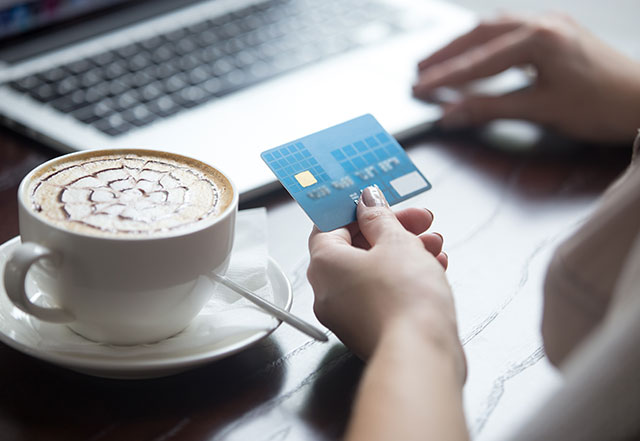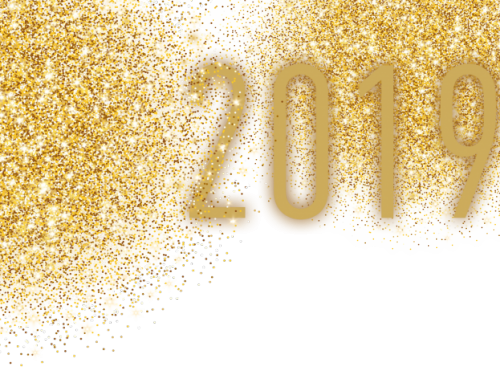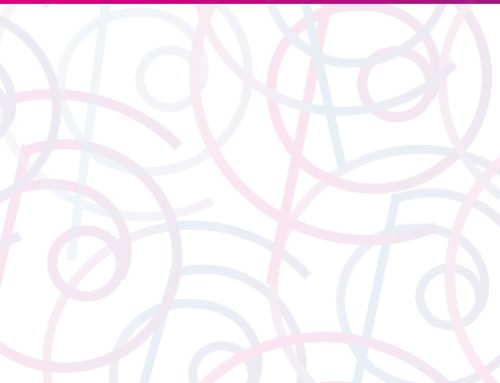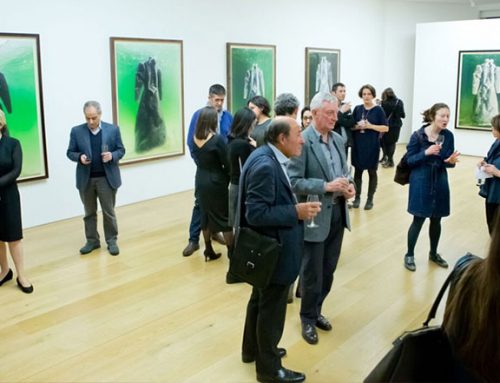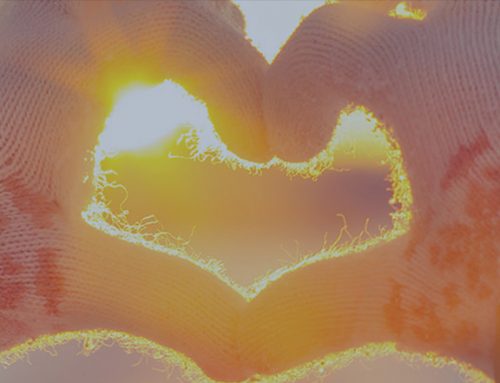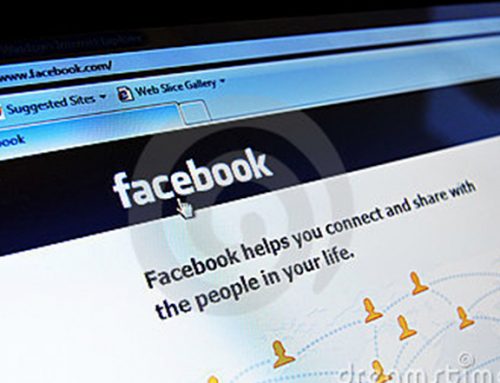As the message popped on to the screen of my mobile phone asking me if I’d just spent close to £100 in a supermarket on the other side of London my heart sank. I hadn’t. I called my bank, was given lots of numbers to remember and promptly forgot them all. I called back, got through to a very helpful human being and stopped my card. Nervously, I asked whether there had been any other purchases made. Thankfully there were none. The helpful human promised to send me a new card in three to five working days.
On my way home I began to think about money. What cash did I have on me? What did I need to buy? I didn’t have that much, I never do anymore, and probably rely way too much on pieces of plastic to get things done. I’ll be fine I thought. Then I remembered that my train pass had run out. How was I going to pay for a new one without my card? I needed drive across London to see a friend, how was I going to park on her street without my card? How much food did I have in my fridge – was it enough to last a few days?
The truth is that I’m lucky. I called a friend and borrowed some cash. I have a second card that I use in emergencies. But without my main card I found myself becoming more careful about what I was spending. Aware that I didn’t have 24/7 access to money I started to think about what I was buying, did I really need it, could I wait or shop more carefully? I began to wonder if the fact that we have made spending so easy makes us spend more and spend thoughtlessly. We don’t need to have “real” cash in our hands or our pockets so we spend without thinking with just a tap on a machine. I realised that now I was in a situation where I could only spend the cash that was in my wallet I was thinking more about what I was buying and was more aware of what I had spent.
I realised that I’m lucky not just because I had access to cash but because I have access to technology and banking and cards. A world with just cash is one that limits opportunities and what you are able and unable to do. It’s hard to travel without an Oyster card. It’s hard to buy that card without a credit or debit card. It’s exhausting to think about what you can afford, where you can get to what you can do all the time. It’s exhausting when it’s not your choice to think about these things when you have to worry about whether there are enough pennies in your pocket to feed you. I began to see how it could just lead you to do nothing, and to stop trying. How it could make everything just seem too hard.
After three days, a new card arrived in the post. I felt relief that I could easily get to the money that was in my account again. I felt relief that life would become just a little bit more convenient again. But I also wondered if I should start to think about using my card less, using cash more and taking a bit more time to think about what I buy, where it comes from and whether I really need it. I managed just fine without 24/7 access to cash. I walked more, cooked more and talked more to friends and family but I also worried more about when the cash would run out. We place so much value on access to cash and all that it can buy that when you don’t have those things to some degree you are excluded – and perhaps we all need to think a bit more about that too.
This article was originally published on Huffington Post UK.

